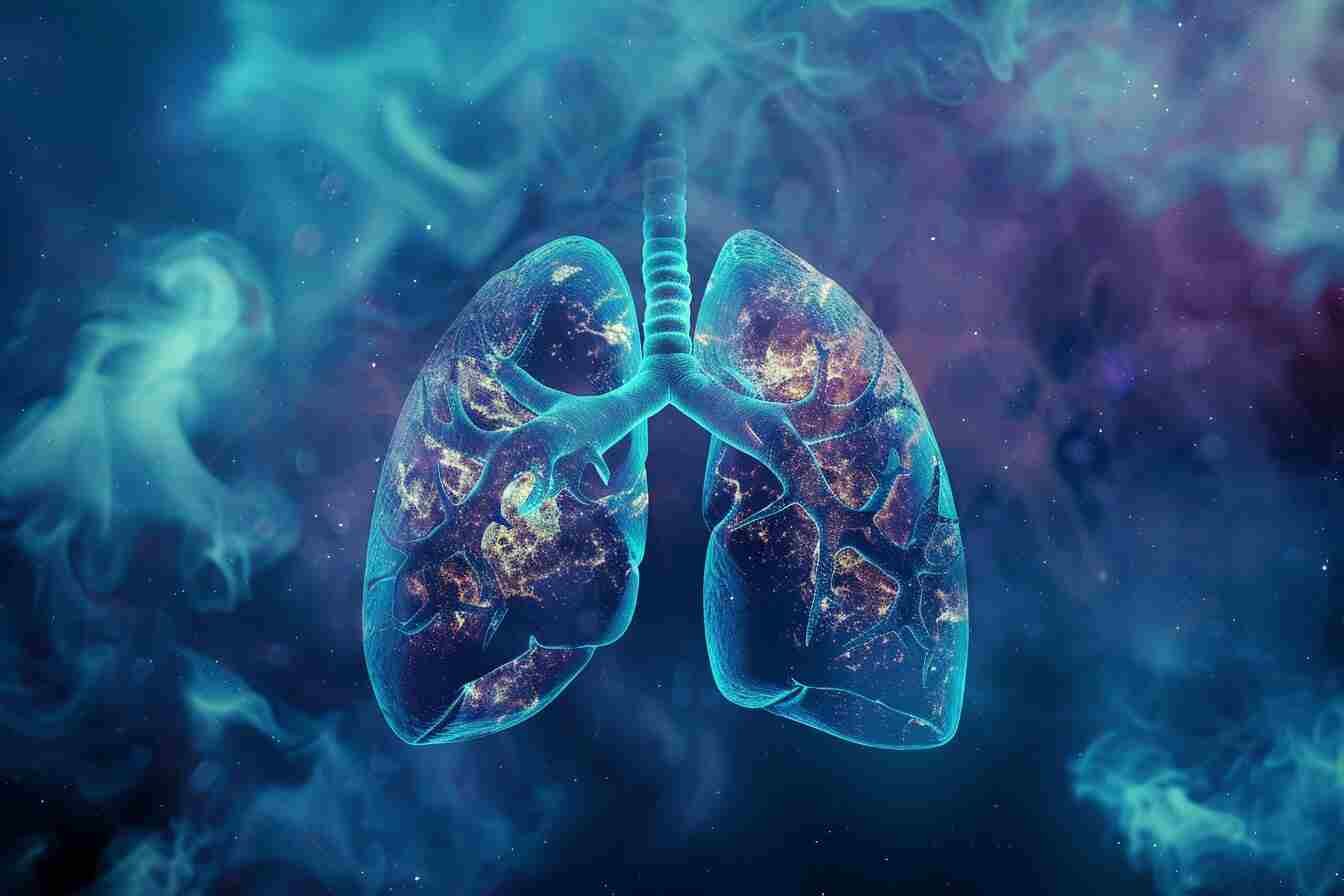Medical Ethics: Navigating Moral Responsibilities in Healthcare
Medical ethics, a branch of ethics that focuses on the principles and values guiding healthcare professionals, plays a vital role in ensuring the provision of compassionate, equitable, and responsible care to patients while addressing complex moral dilemmas that arise in the healthcare setting.
Medical ethics is a critical component of the healthcare profession, guiding healthcare providers and institutions in making morally sound decisions. It encompasses principles, values, and guidelines that help navigate complex ethical dilemmas that arise in the delivery of healthcare services. In this article, we will delve into the concept of medical ethics, explore its key principles, and provide examples of real-life ethical challenges faced by healthcare professionals.
Understanding Medical Ethics
Medical ethics refers to the moral principles and values that govern the conduct of healthcare professionals, ensuring the provision of compassionate, fair, and responsible care to patients. It involves balancing the interests of patients, the healthcare system, and societal values to make ethically sound decisions. The field of medical ethics is guided by four fundamental principles:
1. Respect for Autonomy
This principle recognizes the right of patients to make their own decisions regarding their healthcare. It emphasizes the importance of informed consent, patient autonomy, and the right to refuse or accept medical treatment.
Healthcare providers around the world strive to involve patients in their care, providing them with the necessary information to make choices aligned with their values and preferences. Informed consent processes, shared decision-making, and respect for patients’ autonomy are fundamental aspects of healthcare practice across different countries.
Example: A patient diagnosed with a life-threatening illness may choose to decline aggressive treatment due to personal beliefs or concerns about the impact on their quality of life. Respecting their autonomy, healthcare professionals should engage in open and honest discussions, provide necessary information, and support the patient’s decision-making process.
2. Beneficence
The principle of beneficence focuses on promoting the well-being and best interests of patients. Healthcare professionals have a duty to act in the best interests of their patients, maximizing potential benefits and minimizing harm.
Healthcare professionals across the world are committed to providing high-quality care that maximizes benefits and minimizes harm. Whether it is through evidence-based treatment approaches, preventive measures, or personalized care plans, healthcare providers prioritize the well-being of their patients.
Example: A surgeon faced with a complex surgical case must weigh the potential benefits of the procedure against the risks and potential harm to the patient. They should ensure that the benefits outweigh the risks and make decisions that prioritize the patient’s well-being.
3. Non-Maleficence
Non-maleficence (equitableness: the state or quality of being equitable; equitability) emphasizes the obligation of healthcare professionals to do no harm. It requires avoiding actions or interventions that could cause harm to patients.
Healthcare professionals are ethically bound to avoid actions or interventions that could cause harm to patients. This principle guides medical decision-making, treatment choices, and the constant evaluation of risks and benefits in healthcare practices worldwide.
Example: In prescribing medication, a physician must carefully consider potential side effects and drug interactions to minimize harm to the patient. They should regularly monitor the patient’s response to the medication and adjust the treatment plan as necessary to avoid adverse effects.
4. Justice
The principle of justice highlights the importance of fairness, equality, and the equitable distribution of healthcare resources. It calls for equal access to healthcare services and fair allocation of limited resources.
Healthcare systems strive to ensure that all individuals have equal access to quality care, regardless of their socioeconomic status, geographic location, or personal characteristics. Efforts to reduce health disparities, address social determinants of health, and provide healthcare services based on need rather than personal circumstances reflect the commitment to justice in medical ethics.
Example: In a situation where there is a shortage of organ donors, healthcare professionals must ensure fairness in the selection process for organ transplantation. Decisions should be based on objective criteria, such as medical urgency and compatibility, rather than personal preferences or biases.
Real-Life Ethical Challenges in Healthcare
Healthcare professionals often face complex ethical dilemmas that require careful consideration and ethical decision-making. Some common ethical challenges include:
- End-of-life decision-making: Determining appropriate interventions and honoring patients’ wishes when faced with end-of-life decisions, such as withdrawing life support or implementing palliative care.
- Confidentiality and privacy: Balancing patient confidentiality with the need to share information with other healthcare professionals involved in the patient’s care.
- Resource allocation: Making fair and just decisions regarding the allocation of scarce resources, such as organs for transplantation or access to expensive treatments.
- Informed consent: Ensuring patients have sufficient information to make informed decisions about their healthcare while respecting their autonomy.
Ethical Issues in Medical Research
In addition to the ethical challenges faced in clinical practice, medical ethics also plays a crucial role in the realm of medical research. Conducting research involving human subjects requires careful consideration of ethical principles to ensure the protection of participants’ rights and well-being. Some key ethical issues in medical research include:
- Informed Consent: Researchers must obtain informed consent from participants, ensuring they understand the purpose, risks, and potential benefits of the study. Participants should have the freedom to voluntarily participate or withdraw from the research without any negative consequences.
- Privacy and Confidentiality: Protecting participants’ privacy and maintaining the confidentiality of their personal information is essential in medical research. Researchers must take measures to ensure data security and anonymity when reporting study findings.
- Conflict of Interest: Researchers must disclose any potential conflicts of interest that may bias the study design, data collection, or interpretation of results. Transparency and integrity are crucial to maintaining the trustworthiness of research outcomes.
- Equitable Recruitment: Ensuring fair recruitment and representation of participants in medical research is important to avoid exploitation or exclusion of vulnerable populations. Researchers should strive for diversity and inclusivity in their study populations.
Ethical Considerations in Emerging Technologies
Advancements in medical technology and the use of emerging technologies, such as artificial intelligence (AI) and genetic engineering, bring forth unique ethical considerations. Some ethical challenges associated with emerging technologies include:
- Privacy and Data Security: With the increasing use of electronic health records and AI-driven algorithms, protecting patients’ privacy and securing their health data becomes paramount. Safeguarding data against unauthorized access or misuse is crucial to maintain patient confidentiality.
- Equity and Access: The adoption of emerging technologies should consider equitable access, ensuring that these advancements are accessible to all patients, regardless of their socioeconomic status or geographical location. Addressing disparities in access can help avoid exacerbating existing inequalities in healthcare.
- Ethical AI and Algorithms: Developing ethical guidelines for the use of AI in healthcare is crucial to ensure transparency, fairness, and accountability. Addressing biases in algorithms and maintaining human oversight are important to avoid potential harm and ensure responsible AI implementation.
- Genetic Engineering and Gene Editing: The ethical implications of genetic engineering, including gene editing technologies like CRISPR, raise complex questions regarding the manipulation of human DNA. Considerations around safety, consent, and potential unintended consequences must be carefully evaluated.
Conclusion for medical ethics
Medical ethics provides a framework for healthcare professionals to navigate moral dilemmas and make ethically sound decisions. Understanding and upholding the principles of autonomy, beneficence, non-maleficence, and justice are crucial for delivering compassionate and responsible healthcare.
Ethical considerations extend beyond clinical practice to medical research and emerging technologies, where protection of participants’ rights, privacy, and equitable access play pivotal roles.
By examining real-life ethical challenges, healthcare professionals can develop the skills and ethical reasoning necessary to address these dilemmas effectively. Upholding medical ethics is vital to maintain trust.
By recognizing and addressing ethical challenges, the healthcare field can ensure the highest standards of care, maintain public trust, and uphold the well-being of patients and communities.
Moral Responsibilities in Medical Ethics: Upholding Ethical Standards in Healthcare
In the realm of medical ethics, healthcare professionals have significant moral responsibilities towards their patients, colleagues, and society as a whole. These moral responsibilities are rooted in the core principles of medical ethics and guide ethical decision-making, compassionate care, and professional conduct. Let’s explore some of the key moral responsibilities in medical ethics:
1. Patient Welfare
The foremost moral responsibility of healthcare professionals is to prioritize the welfare and well-being of their patients. This responsibility entails providing competent and compassionate care, respecting patients’ autonomy, promoting their best interests, and advocating for their rights. Healthcare providers should strive to deliver high-quality, evidence-based care that optimizes patient outcomes while ensuring their comfort, safety, and dignity.
2. Informed Consent
Respecting patients’ autonomy and promoting their right to make informed decisions about their healthcare is a crucial moral responsibility. Healthcare professionals should ensure that patients have a clear understanding of their medical condition, available treatment options, potential risks and benefits, and alternative approaches. Obtaining informed consent involves transparent communication, active listening, and addressing any concerns or questions raised by the patient.
3. Confidentiality and Privacy
Safeguarding patient confidentiality and privacy is a vital moral responsibility in medical ethics. Healthcare professionals must maintain strict confidentiality regarding patients’ personal and medical information unless required by law or in exceptional circumstances where there is a risk of harm to the patient or others. Respecting patient privacy helps build trust, fosters open communication, and upholds the ethical duty to protect patients’ sensitive information.
4. Professional Competence and Continuous Learning
Healthcare professionals have a moral responsibility to maintain and enhance their professional competence throughout their careers. This includes staying updated with the latest medical knowledge, advancements in technology, and best practices in patient care. By engaging in continuous learning and professional development, healthcare professionals ensure they are providing the highest standard of care and fulfilling their moral responsibility to patients.
5. Ethical Research Conduct
If involved in medical research, healthcare professionals have a moral responsibility to adhere to ethical principles and guidelines governing research involving human subjects. This responsibility includes obtaining informed consent, protecting participants’ rights and welfare, ensuring privacy and confidentiality, and conducting research with integrity and transparency. Ethical research conduct upholds the values of beneficence, non-maleficence, and justice in the pursuit of scientific knowledge.
6. Collaboration and Teamwork
Healthcare professionals have a moral responsibility to foster collaboration and teamwork in healthcare settings. This involves effective communication, mutual respect, and valuing the contributions of all members of the healthcare team. By working collaboratively, healthcare professionals can provide comprehensive and holistic care to patients, promote patient safety, and improve healthcare outcomes.
7. Social Responsibility
Healthcare professionals have a broader social responsibility to contribute to the well-being of their communities and advocate for equitable access to healthcare. This includes addressing health disparities, promoting public health initiatives, and engaging in activities that improve healthcare systems and policies. By advocating for social justice and the welfare of marginalized populations, healthcare professionals fulfill their moral responsibility to society.
Conclusion for moral responsibilities in medical ethics
Moral responsibilities in medical ethics encompass a wide range of obligations that healthcare professionals hold towards their patients, colleagues, and society. Upholding patient welfare, obtaining informed consent, maintaining confidentiality, continuous learning, ethical research conduct, fostering collaboration, and fulfilling social responsibilities are key elements of these moral responsibilities. By adhering to these ethical standards, healthcare professionals uphold the trust placed in them and contribute to the overall betterment of healthcare delivery.
Sources: PinterPandai, National Institutes of Health, The Medic Portal
Photo credit: doctor-a via Pixabay
The Evolving Landscape of Moral Change: Exploring Examples of Ethical Evolution



